Senegal
Senegal’s economic growth rose to 6.5 percent in 2015 for the first time in more than a decade, the International Monetary Fund has said, buoyed by the agriculture sector and the government’s two-year-old economic plan.
Senegal is considered to be one of the most stable democracies in West Africa but its economic growth has lagged behind in the continent as a whole for much of the last 10 years.
The government launched a plan in early 2014 intended to spur GDP growth and boost development.
The programme aims for 7.1 percent growth every year until 2018, but the IMF predicted 6.5 percent growth this year.
“Macroeconomic performance during 2015 has been strong, with growth of 6.5 percent for the first time over the last 12 years,” Ali Mansoor, a senior IMF official, said in a statement.
“This reflects in particular the initiation of the Plan Senegal Emergent (PSE)-related projects and the buoyant performance in agriculture thanks to good weather and higher productivity in the sector,” he added, referring to the Emerging Senegal Plan by its name in French.
The IMF said the plan’s implementation had been satisfactory although some reforms had yet to be put in place, including some that will help struggling businesses and ensure government financing is limited to projects that are well-prepared.
With reforms and sound economic policies, Senegal could sustain current levels of growth to 2035, the IMF said.





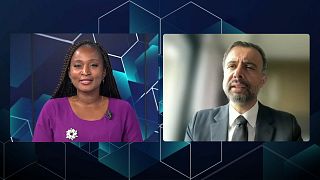
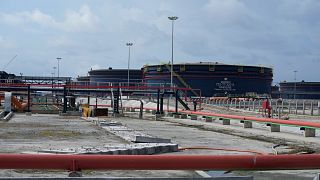
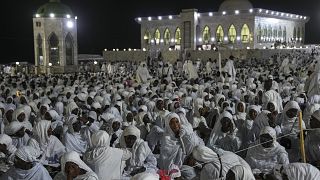
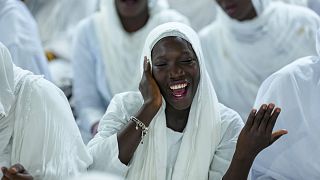

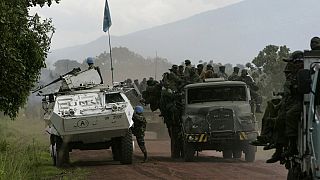


Go to video
Debate over asset declarations: Senegal's controversial draft law
Go to video
Senegal President exempts himself from new anti-corruption law
01:05
Senegal PM Sonko unveils economic recovery plan
01:12
Senegal opens official probe into 2021-2024 political violence
01:04
Small-scale gold miners in Senegal use mercury despite health risks
01:35
Senegal: Tensions persist between Ousmane Sonko and Bassirou Diomaye Faye